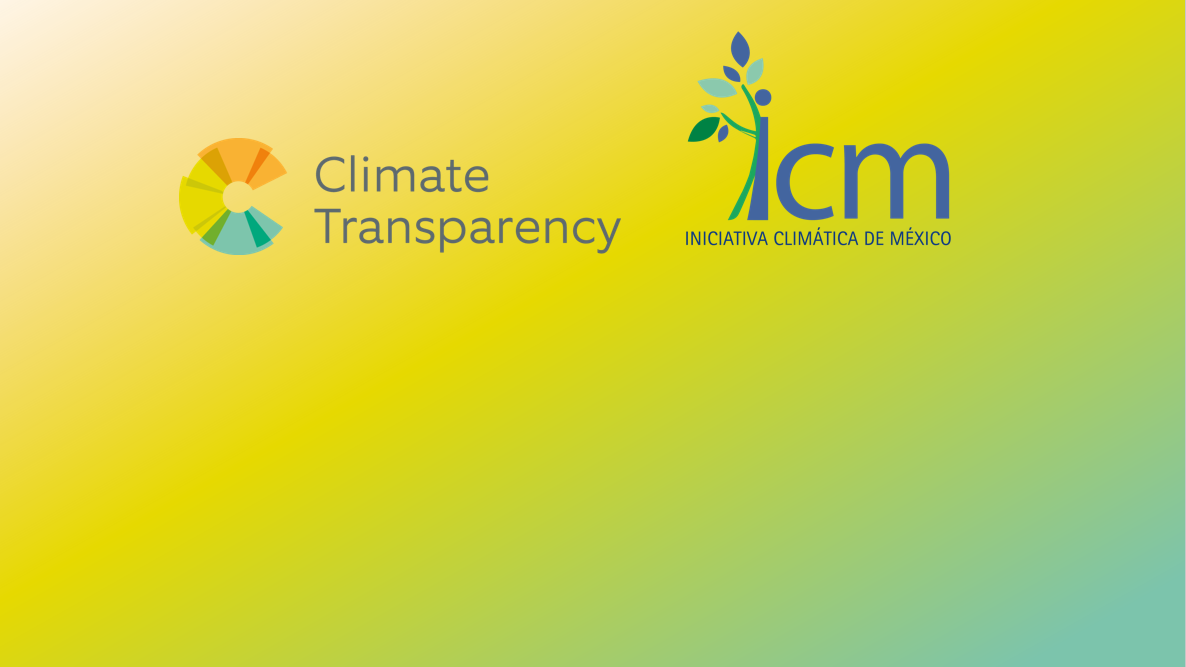

The Climate Change Performance Index (CCPI) is an instrument covering 58 countries and supposed to enhance transparency in international climate politics. Its aim is to encourage political and social pressure on those countries which have, up to now, failed to take ambitious actions on climate protection as well as to highlight countries with best-practice climate policies.
On the basis of standardised criteria, the index evaluates and compares the climate protection performance of 58 countries that are, together, responsible for more than 90 percent of global energy-related CO2 emissions. 80 percent of the evaluation is based on objective indicators of emissions trend and emissions level. 20 percent of the index results are built upon national and international climate policy assessments by more than 200 experts from the respective countries.
In detail, 80% of the evaluation is based on indicators of emissions:
- 30% for emissions levels and 30% for recent development of emissions;
- 10% on engery efficiency (5% level of efficiency and 5% recent development in efficiency);
- 10% on renewable energy (8% recent development and 2% share of total primary energy supply).
The remaining 20% of the CCPI evaluation is based on national and international climate policy assessments by more than 250 experts from the respec tive countries.

The CCPI ranking is qualified in relative terms (better–worse) rather than absolute terms. Therefore, even those countries with high rankings have no reason to sit back and relax. On the contrary, the results illustrate that even if all countries were as involved as the current front runners, efforts would not yet be sufficient to prevent dangerous climate change. Hence, again this year, no country was awarded the rank of 1st, 2nd or 3rd.





